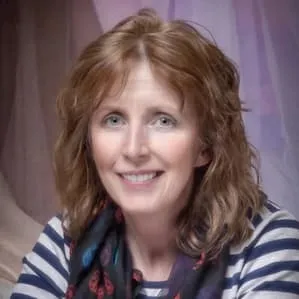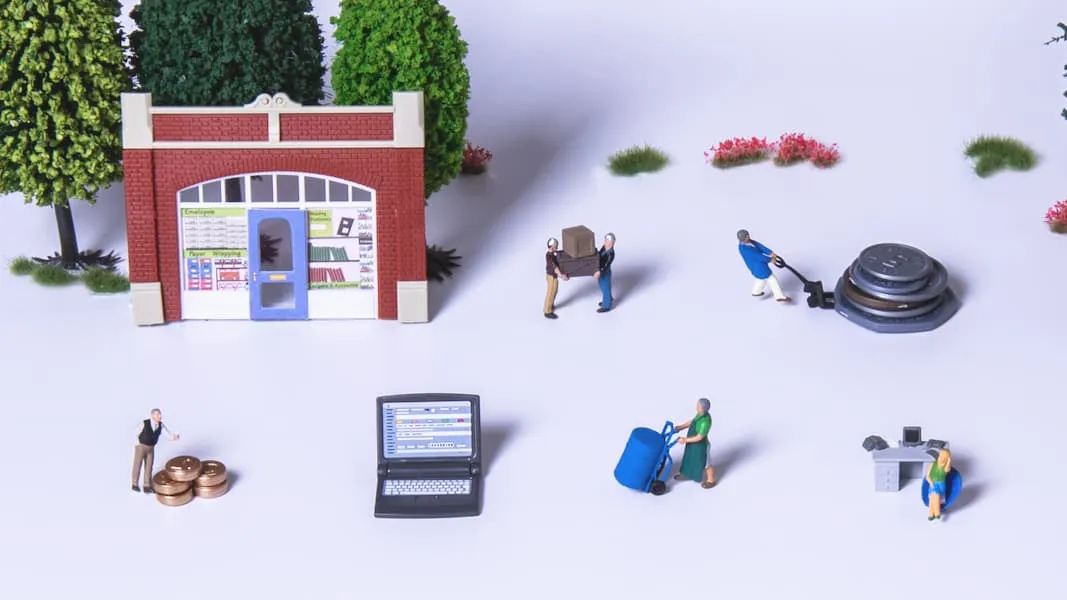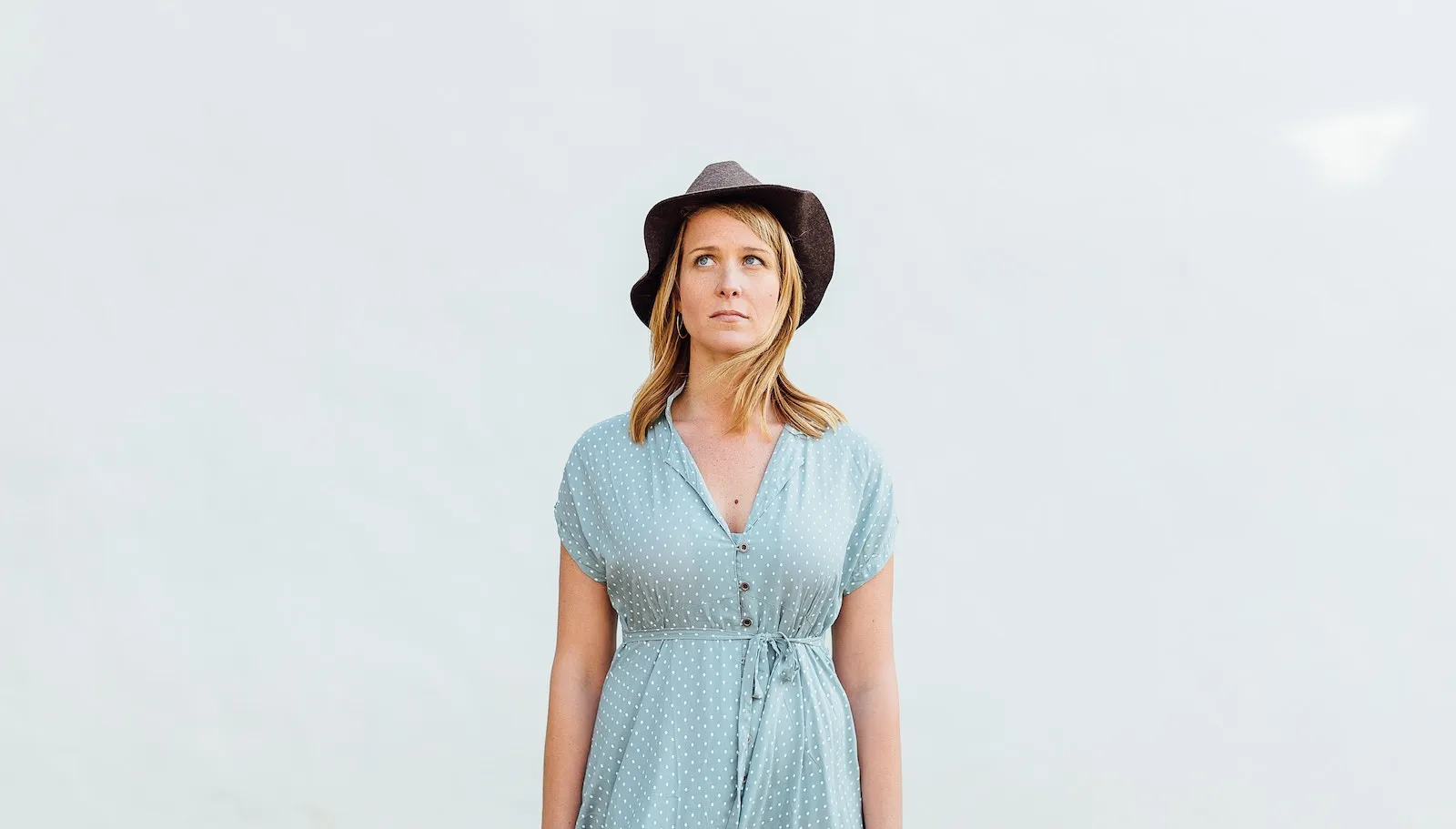The British businesses battling single-use plastics
5
min read
The British businesses battling single-use plastics





Thanks to the eye-opening documentary series Blue Planet II, awareness of the plastic pollution crisis has skyrocketed. It ushered in a shift away from single-use plastics and empowered a new generation of entrepreneurs whose businesses provide everyday products using materials that are more sustainable and reusable.
Little Beau Sheep uses high quality British wool to produce a range of natural laundry and body care products – from fabric-softening laundry balls that do away with the need for dryer sheets and fabric softeners, to bottleless bathroom soaps – that are all completely biodegradable.
The Yorkshire-based business was founded in 2015 by former marketing manager Sarah Turner, who was inspired to start up by motherhood.
“As any mum knows, laundry plays a large part in your life," she says. "We had no garden, so I had to use a tumble dryer and, in an effort to speed things up, used off-the-shelf plastic dryer balls. Besides being unbearably noisy, they broke and just added to the world’s unwanted plastic problem. As an avid ‘felter’ I put my skills to work making a softer natural alternative using wool and Little Beau Sheep was born.”
Working from her kitchen table Turner sold her products on Etsy and used social media to market her wares, generating sufficient sales and profit to reinvest in the business. As demand for her products grew she enlisted the help of several local mums to ensure they didn’t lose any of the charm of a handmade product. Today the company has offices and a distribution base at Ilkley, West Yorkshire, a team of up to 10 helpers and a turnover of £65,000.
Aiming to be both ethical and sustainable, lifestyle brand Atlas & Ortus designs products to replace a single-use or everyday plastic items, with many of their items responsibly produced by its manufacturers in Kolkata, India. Products range from reusable beeswax food wraps and bamboo toothbrushes, to organic cotton weekend bags and stainless steel lunch tins.

Credit: Atlas & Ortus
Founder Evie Calder had studied environmental economics and environmental management at university before taking a year out to travel in New Zealand, and got involved with the Plastic Free July initiative, which challenged people to refuse single-use plastic during the month. On arriving home in the UK, Calder teamed up with her sister to start the eco-friendly business.
Calder says: “After watching Blue Planet II we decided to launch a brand selling all of the products I’d chosen for my blog post on Plastic Free July under one brand name, for people who wanted to make a difference but didn’t know where to start.”
Launched in March 2018, Atlas & Ortus has turned over around £25,000.
It isn’t just everyday products that are being targeted. In the home improvement space people are making more responsible and sustainable buying decisions – good news for companies like Composite Prime, which produces eco-friendly garden decking by combining recycled plastic with FSC (Forest Stewardship Council) certified end-of-life timber.
The company was founded in 2014 by Domenic Harrison and Charles Taylor, two entrepreneurs with family business histories in both plastic and timber. Composite Prime sources its waste plastic from HDPE (high-density polyethylene) plastic bottles, typically used for milk and shampoo, that might otherwise be destined for landfill.
In the last eight months alone the company has recycled more than 25 million milk bottles and 300 million plastic bottle caps to create its stylish, safe, eco-friendly products.
Recycling more plastic waste offers a solution to the problems of landfill, however, a major concern for environmentalists is food packaging that can’t be recycled because it is contaminated by food. Instead, it goes to landfill, incurring costs and increasing the environmental impact.
A report by the Waste & Resources Action Programme (WRAP), estimates the UK’s hospitality and food service sector runs up a waste bill of £2.5 billion and generates 2.87 million tonnes of waste every year. More than half of this waste ends up in landfill.
Edinburgh-based Vegware has come up with an innovative solution. Launched in 2006 by Joe Frankel, the company provides a range of catering disposables – such as cups, plates and cutlery – made from plants, not plastic.

Credit: Vegware
Vegware’s renewable, lower carbon and recycled raw materials (usually bagasse, a sugar cane residue, and PLA, a biodegradable plastic substitute made from fermented plant starch) can all be commercially composted with food waste.
Clients include contract caterers, food distributors, universities and colleges, corporate offices with dining facilities, and independent delis and cafés. Export is growing and global sales of £40 million are forecast for this year.
For some older companies, the public plastic backlash has created opportunities for diversification. New legislation banning the use of plastic micro beads in ‘rinse off’ cosmetic products closed off a major market for the glitter industry. Made from aluminium and PET plastics, glitter can find its way into the oceans and the marine creatures that live there.
At glitter supplier Ronald Britton the regulation was welcomed. Founded in 1945, Ronald Britton is a global supplier of metal powders and glitters and in 2008 three employees bought the business out. With strong backgrounds in pigments and product development, they had seen the plastics issue unfold and in 2010 recognised the need to develop a plastic-free glitter. Last year they released Bioglitter Pure, a product based on plant material and designed to degrade naturally in the environment.
The switch wasn’t without its challenges, says Stephen Cotton, commercial director. “The raw materials were more expensive, the processing was more complex, and there were increased costs around the mandatory environmental testing and certification, not required of a plastic product.”
The final product is only slightly more expensive than polyester glitter and demand has been high, driven by public pressure for eco-friendly alternatives to plastic products. Bioglitter has also opened up a range of new markets and revenue streams for the company.
“We originally developed the products for the cosmetics industry but we have already developed versions designed for different applications, such as use in printing, fabrics, horticulture and craft,” says Cotton.


How to use payroll loans for small businesses

Business Loans comparison: High Street Banks vs. Alternative Lenders
Comparing the pros and cons of getting a business loan from traditional lenders and alternative finance providers, including how they differ in application processes, speed of funding, rates and flexibility.

Working capital ratio
Discussing the importance of calculating your company’s working capital ratio, what it represents and how to improve the ratio.








